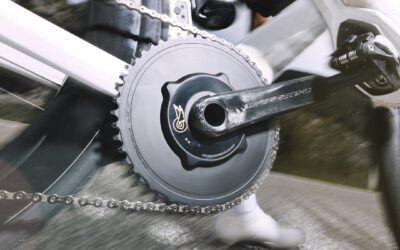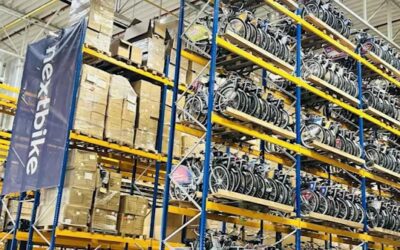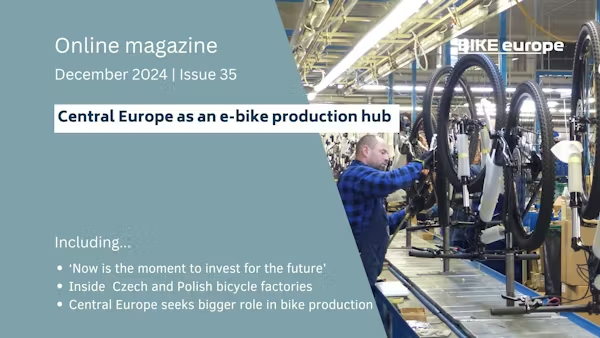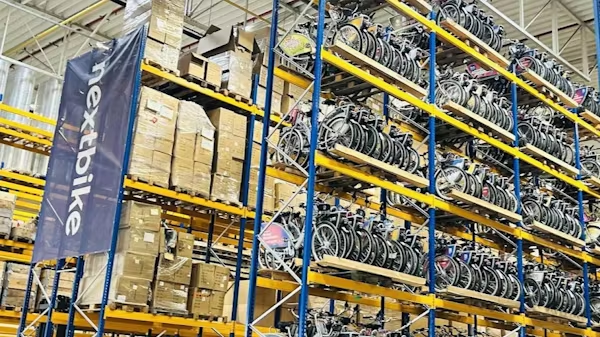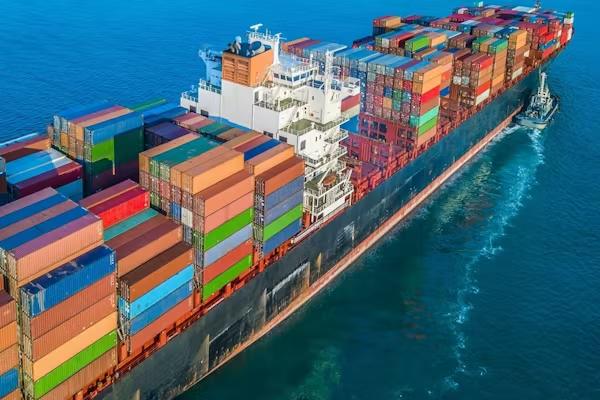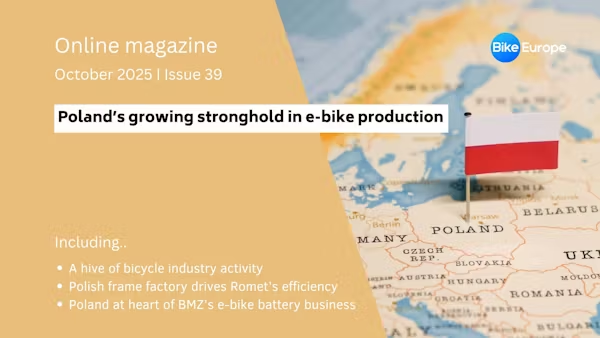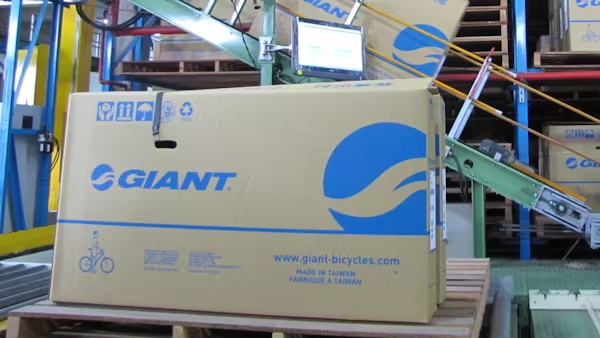Revving Up European Cycling: The Reshoring Revolution
As the cycling industry strives for sustainability and flexibility, European manufacturers are stepping up to the plate. With a shift in production strategies focusing on reshoring, countries across Central Europe are transforming the landscape of bike manufacturing. This move promises not just improved supply chains but also a commitment to quality and local economies.
Central Europe: The New Cycling Hub
While some nations, like Portugal, have become leading figures in the reshoring movement, Central European countries have quietly established themselves as significant players in the bike production game. Nations such as Poland, Hungary, and the Czech Republic are ramping up their efforts, with new manufacturing facilities sprouting up. This shift enables companies to respond more swiftly to market demands, providing custom bicycles that cater to local preferences and styles.
Moreover, with advancements in technology and increased investment in production facilities, the quality of European-made bikes is on the rise. Local manufacturers are focusing on high standards and innovation, ensuring that their products not only meet European norms but also capture the attention of discerning cyclists worldwide.
Quality Over Quantity
One of the primary advantages of reshoring bike production to Europe is the potential for enhanced quality control. Local manufacturing allows for meticulous oversight at every stage of production. From selecting high-grade materials to implementing stringent testing processes, European manufacturers are ideally positioned to deliver bikes that excel in durability and performance.
Cyclists are becoming increasingly discerning, often prioritizing quality over mere cost. As a result, this emphasis on quality aligns perfectly with the growing market of enthusiasts looking for long-lasting, reliable bikes. Consumers can now feel confident that a European-made bike is not just a purchase but an investment in their cycling journey.
Embracing Sustainable Practices
As cycling continues to grow as a sustainable form of transportation, the push for environmentally friendly practices in manufacturing has never been more vital. Reshoring to Europe means reducing the carbon footprint associated with shipping bicycles across continents. Enhanced local production methods also open the door for greener manufacturing processes and sustainable materials.
European companies are increasingly adopting eco-friendly practices, from sourcing recyclable materials to minimizing waste in production lines. Cyclists are not just looking for great rides; they also want to support brands that share their commitment to the environment. Thus, choosing a bike made in Europe signals a conscious choice to participate in more sustainable cycling.
Personal Insight: The Future of Cycling in Europe
In my experience, supporting local manufacturers has been transformative for the cycling community. When you invest in a bike produced nearby, you not only receive a product brimming with quality but also contribute to local economies and job creation. I’ve noticed that collaborating with manufacturers often leads to innovations that cater to the needs of cyclists far better than mass-produced alternatives.
Conclusion: The Road Ahead
The reshoring trend in the European cycling industry illustrates a response to evolving consumer demands for quality, sustainability, and reliability. As Central European countries continue to enhance their production capabilities and committed practices, the cycling landscape is set for a bright future. With a rich blend of tradition and innovation, cyclists can look forward to a growing selection of local options that meet both performance needs and eco-friendly aspirations. Ultimately, the cycling community thrives when we choose to invest in quality and sustainability right in our backyard.
Original article: Click here


